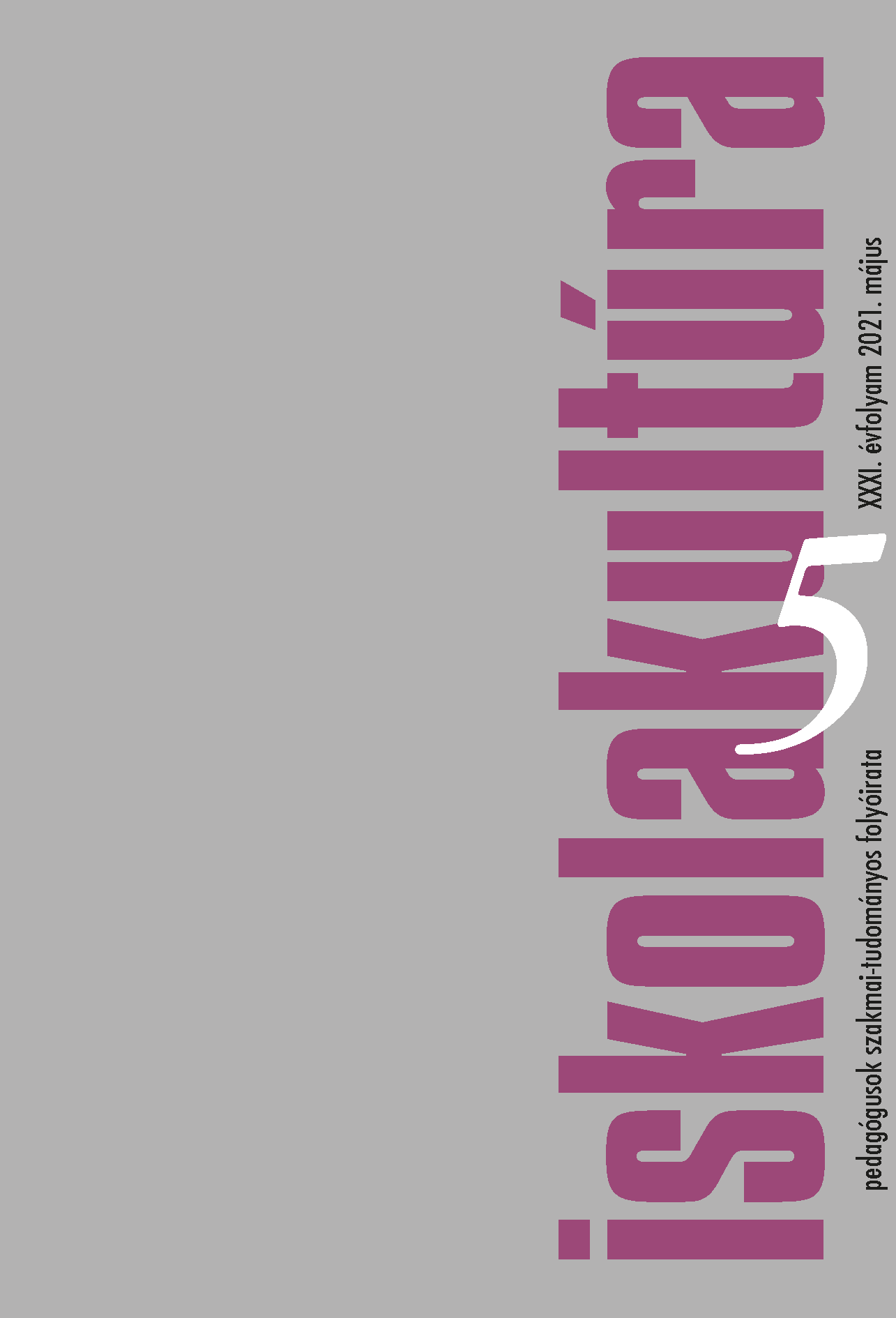Pedagogy and Psychology in the Stalinist Era The Makarenko-Phenomena
Main Article Content
Abstract
For posterity, Makarenko has been considered a Stalinist and a humanist. His general notoriety is the product of Stalin's policies. The new Soviet state's revolutionary education policy was based on Western European-American reform pedagogy, broken down by Stalin in the atmosphere of a hate campaign against pedagogy, in which Makarenko also played a significant role. He represented a pedagogy in line with the new national education policy, educating the new men. In his best-known work, the image of the successful re-education of orphans organized into criminal gangs during the Civil War and the famine in Ukraine in the forced education system emerges. Children did production work in the factories and studied at school at its Political Police laborcamp, which also organized forced work camps for adults. In contrast to the efficiency of production, Makarenko gave priority to education, which unstated represented methods and culture of re-education as alternatives for underage enforcement of the law, hence the image of his humanism and the view of constructive communities.
Makarenko's myth after his death was deliberately built up by Stalin's tendentious propaganda, also his works and letters were edited and rewritten. This version was published by all East-European countries in the 1950s. The truth and lies are mixed these in an indistinguishable way. Cleaning of the deeply indoctrinated Stalin's style Makarenko’s image began first in West Germany and then, especially after the collapse of socialist regime, in Eastern Europe, which had little effect.

